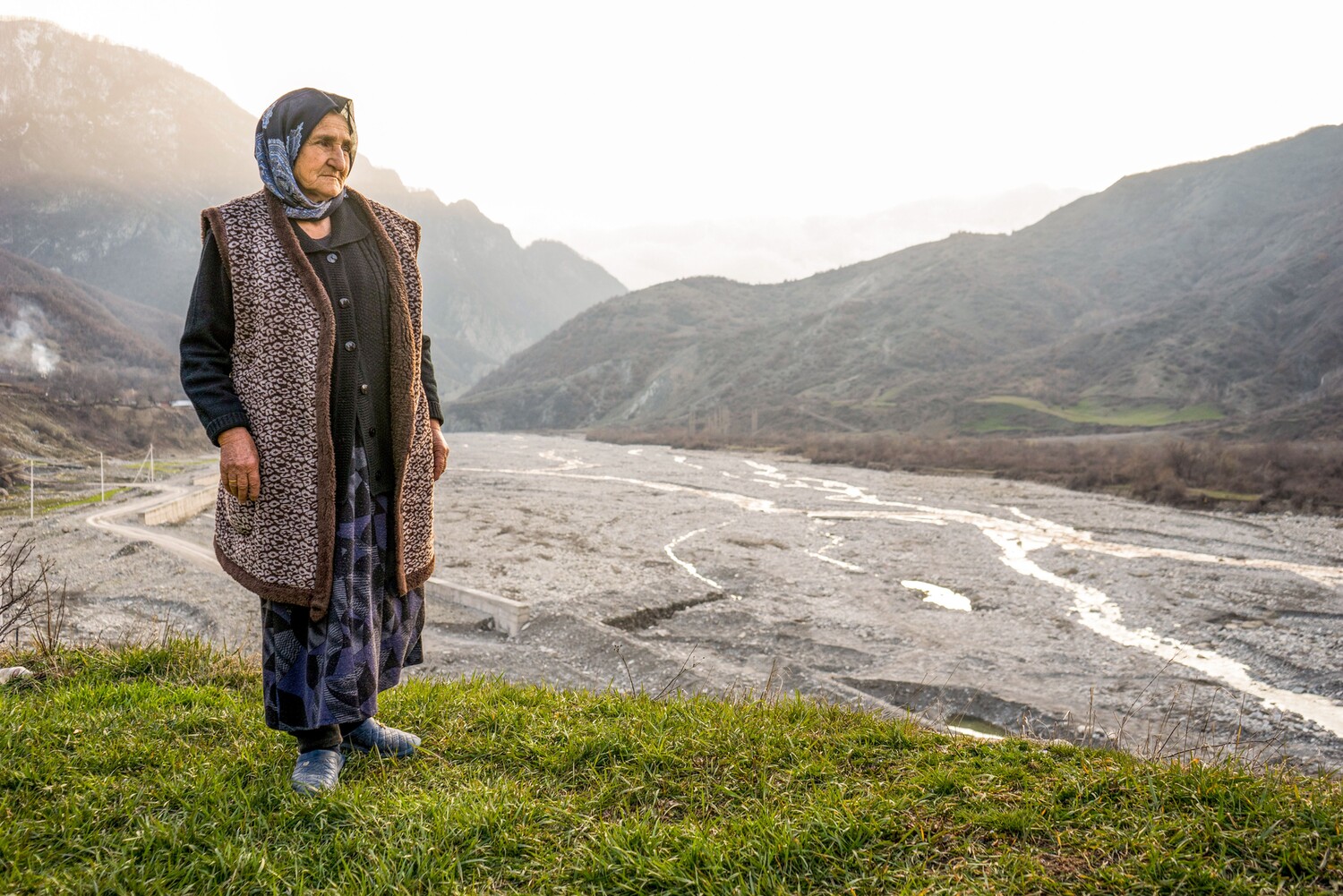“When I heard that God wants animals to rest,* I was convicted because I had been letting my neighbours use my cows for ploughing when I went to church on Sunday. I now realize that my cows need to rest, too.”
This is what one participant reported after a “Faith and Farming” workshop in Nigeria.
Colleagues Yunana Malgwi and Katharine Norton were invited by the Tugbiri translation team to hold a Faith and Farming workshop in their area, which is three hours from Jos. Twenty farmers attended, and three men did sentence-by-sentence interpretation of the teaching into the Tugbiri language.
Topics included “Farmers in the Bible,” “Farming in God’s Strength Without Using Drugs,” “Jesus’s Agricultural Parables,” “The Importance of Trees,” and “Traditional Farming Methods.”
Solving problems that affect farmers
One participant especially appreciated the sessions on resolving conflict, an important topic for farmers and herders in Nigeria today.
“Faith and Farming is doing a great job addressing the herder/farmer conflict,” he said. “It’s not just about healthy and good farms, but it is solving the problems that affect farmers in their lives.”
One of the highlights of the workshop, says Norton, was doing Bible studies using the new Tugbiri Gospels and Acts (printed in November 2020). For many participants, this was the first time they had used Scripture in their own language. Facilitators helped them find the right page, and then a fluent reader helped them read the passage aloud twice while the participants followed along. Together they studied three agricultural parables that Jesus told, using Bible study questions which had been translated by the Tugbiri translators.
Farming is a blessing!
The response from the farmers was truly encouraging.
“On the first day,” one man said, “we discussed whether farming was a blessing or a curse and I now realize it is a blessing! I now know that it’s not my own strength or power that makes my farm produce, but I should trust God and have faith in Him because He is the one who makes my crops grow.
“If a farmer trusts the Lord, he can leave his problems in God’s hands, like Abraham and Lot did in Genesis 13.”
As well as gaining a new biblical perspective for their work, several participants learned ways to improve their farming practices, with benefits both for their farms’ productivity and for the environment.
“Now I realize that the cutting of trees has a negative effect on farmland. When we cut them, there is more erosion. We should leave them, as trees help to make the soil more fertile.”
“I am appreciating the effect of the teaching on my work as a woman,” said another. “I sweep the rubbish around my house and usually I burn it. Now I understand that I can use some of it to make compost to fertilize my crops.”
God speaks into every situation
Many people in Nigeria have the Bible translated into their languages (though well over half of Nigeria’s 500-plus languages have no translated Scripture at all) but getting people to engage fully with their Bibles can be a challenge.
“Often,” Malgwi says, “people don’t apply the Bible to large areas of their lives. One of the things we teach is that the Word of God speaks into every situation.
“If people are farming, then that’s where we need to reach them and show them how the Scriptures can speak to them about their practices.”
* Deuteronomy 5:12–15
Source: wycliffe.org.uk
wycliffe.org.uk/stories/'my-cows-need-rest-too!'-faith-and-farming-in-nigeria/
